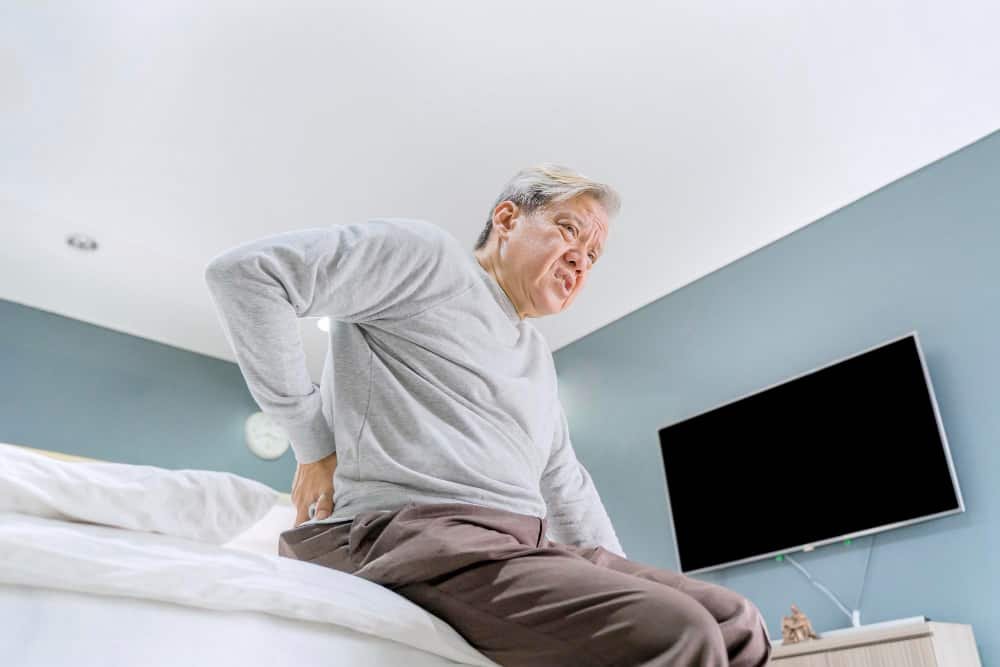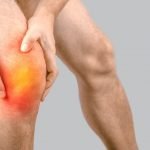Managing chronic pain can be a challenging journey, but with the right strategies, it’s possible to significantly improve your quality of life. At Noracare Wellness, we believe in a holistic approach to pain management that empowers you to take control of your health. Here’s a comprehensive guide to the do’s and don’ts of effective pain management.
Introduction
Pain management is crucial for maintaining a good quality of life, especially for those dealing with chronic pain. Understanding the best practices and common pitfalls can make a significant difference in how effectively you manage your pain. This guide will help you navigate the complexities of pain management, ensuring you can live a more comfortable and fulfilling life.
Do’s for Effective Pain Management
- Do Follow Your Healthcare Provider’s Advice
Your healthcare provider’s recommendations are tailored to your specific condition and needs. Adhering to prescribed treatments, medications, and therapies is crucial for effective pain management. Regular check-ups and open communication with your provider can help adjust treatments as needed, ensuring you receive the best possible care.
- Do Maintain a Healthy Lifestyle
A balanced diet, regular exercise, and adequate sleep are fundamental to managing pain. Physical activity can increase endorphins, which are natural pain relievers. A nutritious diet helps reduce inflammation, and proper rest is essential for your body to heal and function optimally. Incorporating these elements into your daily routine can make a significant difference in pain levels.
- Do Use Pain Relief Techniques
Various pain relief techniques can complement your primary treatment plan. Heat and cold therapy, relaxation techniques, physical therapy, and acupuncture are effective methods to manage pain. Experiment with different techniques to find what works best for you and incorporate them into your pain management regimen.
- Do Stay Informed
Understanding your condition and treatment options empowers you to make informed decisions about your health. Educate yourself about your pain, potential triggers, and available treatments. Staying informed can help you advocate for yourself and work collaboratively with your healthcare provider.
- Do Keep a Pain Journal
Tracking your pain levels, triggers, and relief methods can help identify patterns and inform your treatment plan. A pain journal provides valuable insights for both you and your healthcare provider, enabling more effective management of your condition. Record details like the intensity, duration, and type of pain, as well as any activities or treatments that alleviated or worsened it.
Don’ts for Effective Pain Management
- Don’t Ignore Persistent Pain
Ignoring chronic pain can lead to worsening symptoms and additional health problems. It’s important to seek medical advice if you experience persistent or severe pain. Early intervention can prevent complications and improve outcomes. Don’t hesitate to discuss any changes in your pain with your healthcare provider.
- Don’t Overuse Pain Medications
While medications can be an essential part of pain management, overuse can lead to dependency and side effects. Use medications as prescribed and explore other pain relief methods to reduce reliance on pharmaceuticals. Discuss any concerns about medication use with your healthcare provider to ensure safe and effective treatment.
- Don’t Engage in Activities That Exacerbate Pain
Recognizing and avoiding activities that trigger or worsen your pain is crucial. Modify or eliminate activities that increase your pain levels. Instead, focus on low-impact exercises and activities that support your pain management goals. Listen to your body and respect its limits to prevent further injury or discomfort.
- Don’t Neglect Mental Health
Chronic pain is often accompanied by stress, anxiety, and depression. Addressing your mental health is an integral part of pain management. Consider therapy, counseling, or stress-relief techniques like meditation and deep breathing exercises to support your emotional well-being. A holistic approach that includes mental health care can significantly enhance your ability to manage pain.
- Don’t Hesitate to Seek Support
Managing chronic pain can be overwhelming, but you don’t have to do it alone. Seek support from family, friends, support groups, or professional counselors. Sharing your experiences and connecting with others who understand your challenges can provide emotional support and practical advice.
Practical Tips for Daily Pain Management
Incorporating pain management strategies into your daily routine can provide ongoing relief. Here are some practical tips:
- Start Your Day with Stretching: Gentle stretching can improve flexibility and reduce stiffness.
- Use Ergonomic Tools: Invest in ergonomic furniture and tools to reduce strain during daily activities.
- Practice Mindfulness: Techniques like mindfulness meditation can help you focus on the present and reduce pain perception.
- Stay Active: Engage in low-impact exercises like swimming, walking, or yoga to keep your body moving without causing additional pain.
- Create a Relaxation Routine: Dedicate time each day to relax and unwind, whether through reading, listening to music, or practicing deep breathing exercises.
Conclusion
Effective pain management requires a comprehensive approach that includes following medical advice, maintaining a healthy lifestyle, and incorporating various pain relief techniques. By understanding the do’s and don’ts of pain management, you can take proactive steps to reduce pain and improve your quality of life. At Noracare Wellness, we are committed to supporting you on your journey to better health and well-being. Remember, managing pain is a continuous process, and with the right strategies, Contact Noracare Wellness today to schedule a consultation, we can help you can achieve significant relief and live a more comfortable life.




















